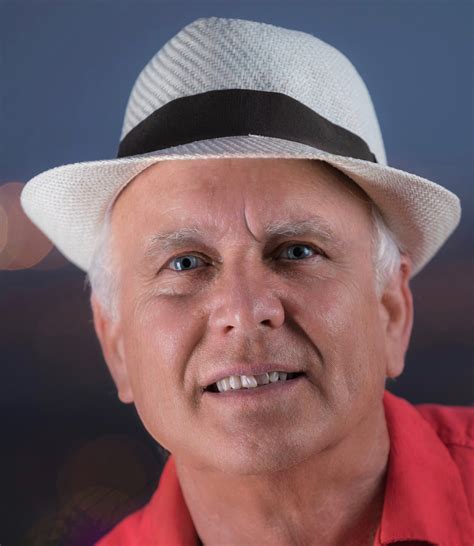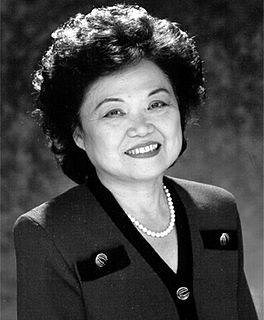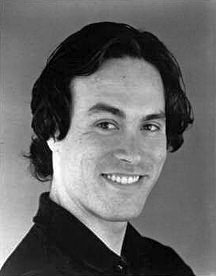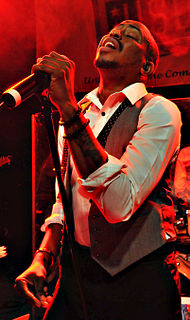A Quote by Rush Limbaugh
I have a philosophy, folks, and it's based on my own life. I'm using my own life experiences to philosophize about things in general. It has to do with desire.
Related Quotes
I believe that you become yourself every single day of your life through your choices and how you think. And that's constantly changing every day... You are constantly changing, evolving through your experiences, how you interpret your experiences, and how you choose to do things in the future based on those experiences... Being yourself means you think with your own mind, and you make your own choices and that makes you you.
All I can tell you is that you cannot make choices in your own career, either career choices or choices when you're actually working as an actor, based on trying to downplay or live up to a comparison with somebody else. You just can't do that. You have to do your own work based on your own gut, your own instincts, and your own life.
Sometimes, reading my own media, the negativity can upset me, but I just deal with things on a positive basis. I mean, I have up to 20,000 people singing my words back to me on a nightly basis - they share my hopes and fears, and they relate to my own life experiences. Life can be pretty isolating, but that connection is always amazing.
You have to get beyond your own precious inner experiences. The actor cannot afford to look only to his own life for all his material nor pull strictly from his own experience to find his acting choices and feelings. The ideas of the great playwrights are almost always larger than the experiences of even the best actors.
The book is finished by the reader. A good novel should invite the reader in and let the reader participate in the creative experience and bring their own life experiences to it, interpret with their own individual life experiences. Every reader gets something different from a book and every reader, in a sense, completes it in a different way.
To affirm life is to deepen, to make more inward, and to exalt the will-to-life. At the same time the man who has become a thinking being feels a compulsion to give every will-to-live the same reverence for life that he gives to his own. He experiences that other life as his own. He accepts as being good: to preserve life, to raise to its highest value life which is capable of development; and as being evil: to destroy life, to injure life, to repress life which is capable of development. This is the absolute, fundamental principle of the moral, and it is a necessity of thought.


































